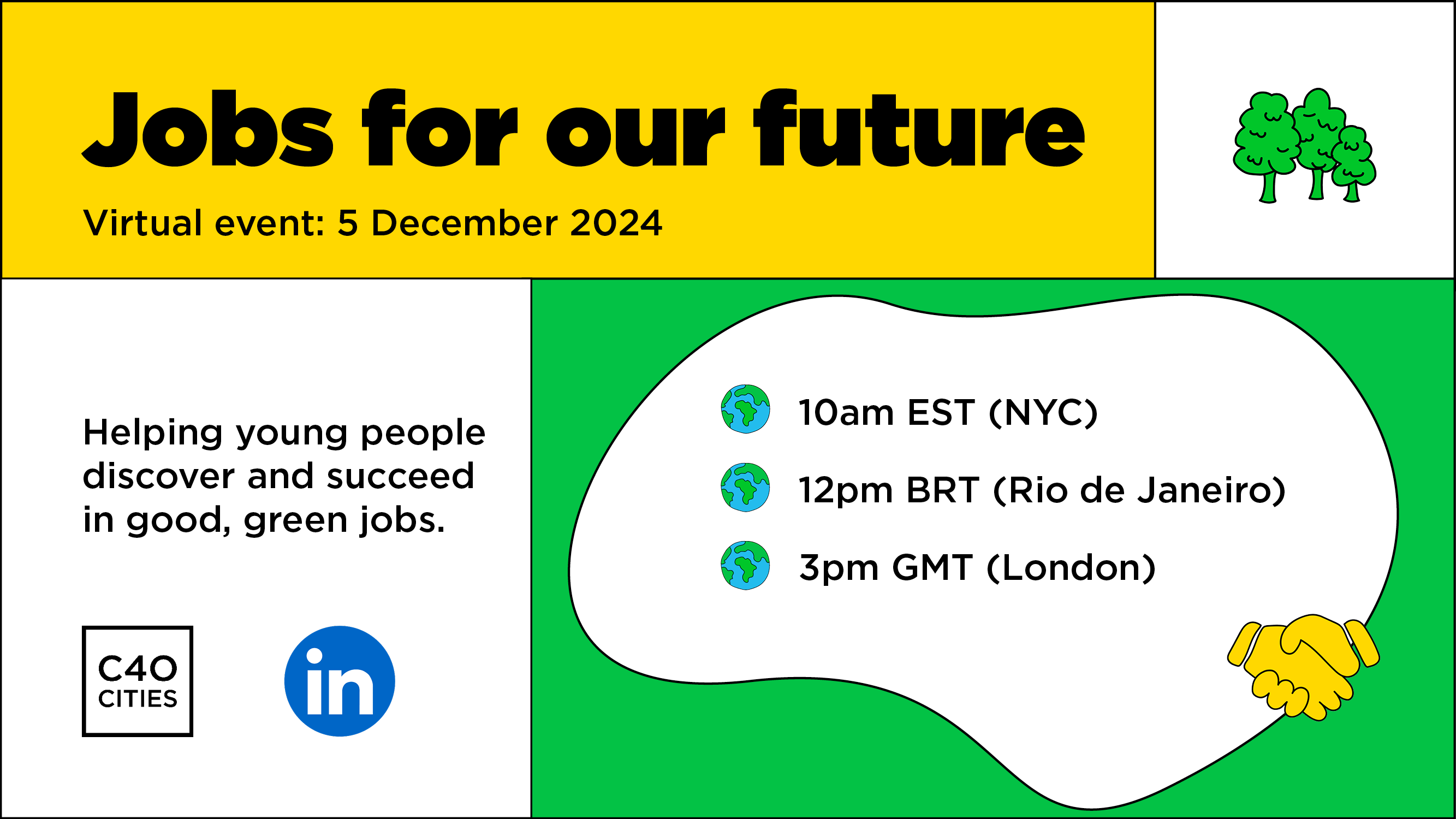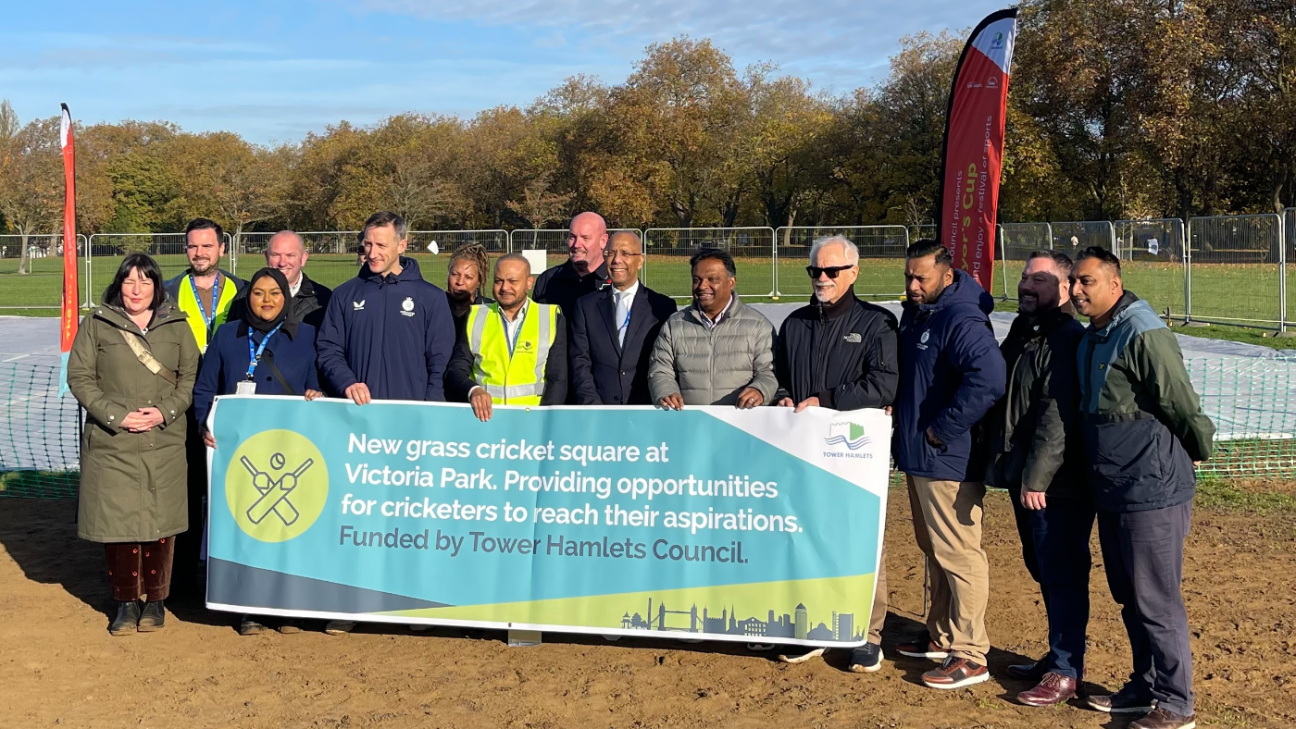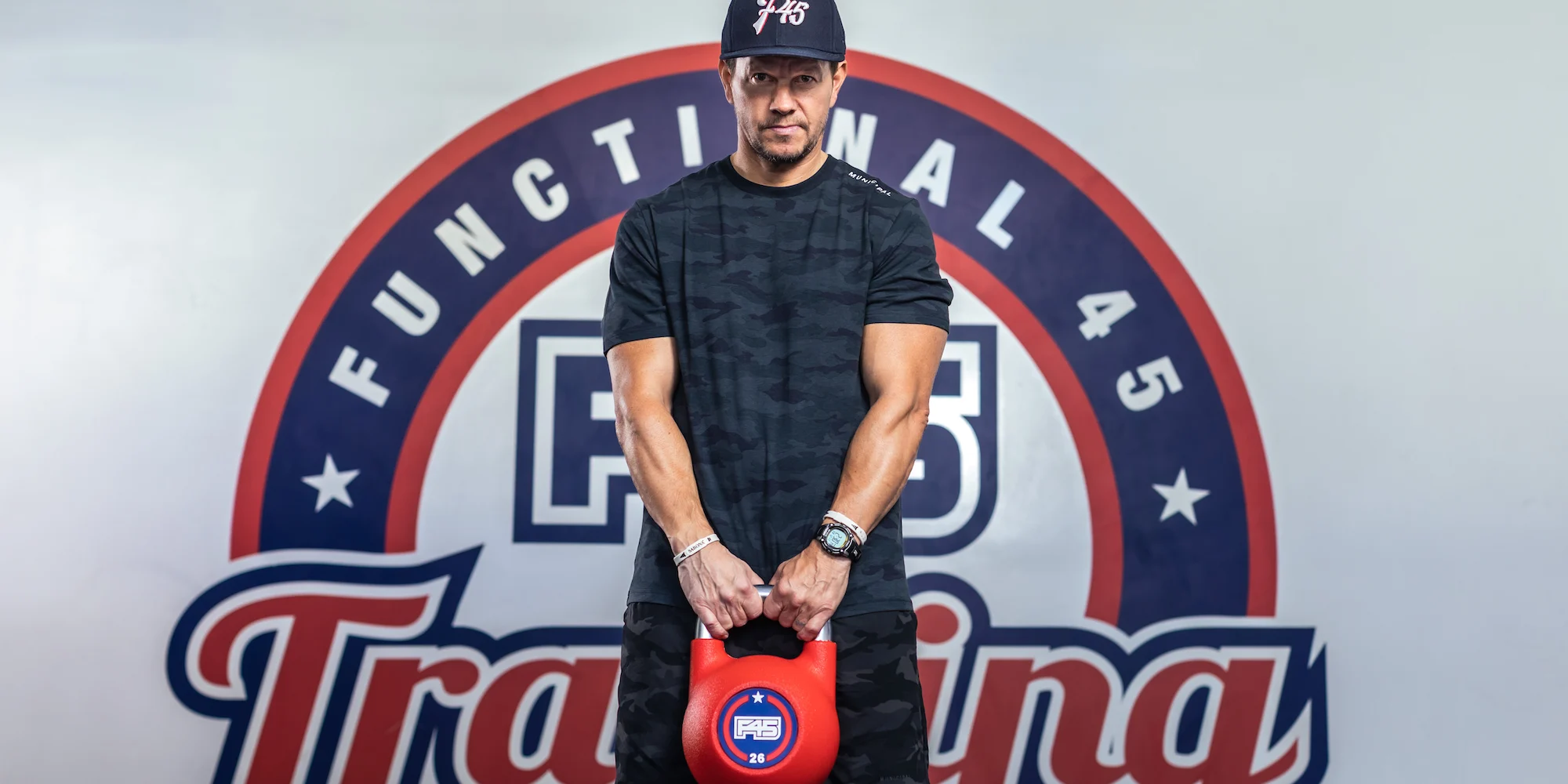I quit my six-figure corporate job to work on a vineyard for less than $500 a month. I have no regrets.
- I had a stable, six-figure job, but the pressure to always reach an ever-rising bar was suffocating.
- At 28, I needed a change. I sold nearly everything and moved to Austria to harvest grapes.
- I’m now 4 months into my wine journey and have discovered my life’s purpose.
I woke up at 2 a.m. to slamming doors, followed by six pairs of sleepy footsteps. Even though it was summer in Burgenland, Austria, no warmth reached us during those early hours. Yet, between our laughter and singing, we barely noticed.
We arrived at the vineyard just before 3 a.m., the full moon hanging overhead. Armed with shears and headlamps to guide us, we filed into the vineyard rows like soldiers, performing the synchronized ritual that has existed for centuries: picking grapes for wine harvest.
Three weeks prior, my life was entirely different.
I had a stable six-figure job as a senior marketing manager at a real estate tech company, where I spent most hours of my day sedentary at a desk, staring at my computer screen.
As a biracial woman of color, the pressure to reach an unidentified, always-rising bar began to suffocate me.
After two and a half years, work left me unfulfilled and lacking purpose, and I felt like I’d outgrown my current life. At 28, I was itching for a radical change.
The question that changed my life
Parallel to my marketing career, I maintained side hustles working for wineries along the Central Coast of California. While I dreamt about pursuing this full-time, I was warned it wouldn’t become a viable career.
Then, my friend asked me over the phone one day: “If you had no obligations or budget, what would you be doing right now?”
I instantly answered: “I want to work a wine harvest in Europe.”
That night, a couple of friends in the industry helped me create a list of European wineries specializing in natural wine. I spent hours firing off emails, asking if they had any open positions on their harvest team.
It was mid-July and harvest in Europe typically begins in late August or early September, so I hoped my message would meet the right person at the right time.
Four hours later, I received an offer from a biodynamic winery in Austria. I immediately accepted.
My decision to drop everything and move abroad was clouded with uncertainty
Of course, I questioned my decision. I worried about running out of money and blowing through the savings I’d spent years growing.
Despite yearning to leave the confines of an office, I wasn’t sure I would enjoy the manual labor that harvest required.
My internship abroad would be just under two months, but I wondered if I’d be able to find a job afterward and what my plan would be once my three-month tourist visa expired.
It was all underpinned by one fear: Is this worth upending the life I’d built? But my desire for freedom superseded any risk. I decided it was worth finding out.
In a matter of weeks, I quit my job, packed my life into two carry-ons, and booked a one-way ticket to hand-pick grapes with strangers for less than $500 a month.
Working harvest brought new and unexpected opportunities
An international group of 13 intrepid travelers became my new community on and off the vineyard.
Living in close quarters, working together, and sharing almost every meal formed an accelerated bond — some even got matching tattoos to commemorate the season.
Life was exhilarating, engaging, and always new — very different from the corporate world I’d left behind.
I learned how to identify a perfectly ripe Gruner Veltliner, what barrel fermentation sounds like, the art and science of biodynamic compost, and how grapes feel squished between your toes.
My head hit the pillow each night fully satisfied from the challenges and experiences of the day.
Continuing to learn about winemaking and viticulture felt like the right path. I also had the freedom to work on projects that interested me at my own pace.
I discovered my new life’s purpose
I’ve learned there’s no singular way to succeed in the wine industry.
Since leaving the US, I’ve found a community of wine professionals, including journalists, servers, and cellar hands.
They are some of the most open and selfless people, ready to share their connections, knowledge, and homes when they learned about my plans to work in vineyards and write while traveling.
Their boundless generosity has led me to gain experiences I wouldn’t have otherwise. For example, I spent time with a third-generation winemaker at his tiny vineyard in Slovenia, eating home-cured prosciutto and sipping through his entire portfolio.
On a recommendation from that Slovenian winery, a winemaker invited me to join a private cellar tasting with his harvest team in the Dolomites.
After that, I contacted a couple running a vineyard in the English countryside. They invited me to stay at their house to help them press grapes and bottle pet nat, a type of sparkling wine.
I’m now in England and leaving for Australia soon
I’m four months into my wine journey abroad and have no regrets.
Once my EU tourist visa expired, I came to the UK and am currently in England, working with one of the country’s few biodynamic wineries.
In three weeks, I will board a plane to spend a year in Australia on a Work and Holiday Visa. There, I accepted a job as a cellar hand on a winemaking team for their 2025 vintage.
I’ve been living off the money I earned at the Austrian vineyard and a modest budget I set aside from my previous job.
I have barely needed to dip into my savings, thanks to affordable hostel rooms, staying with friends and family, and winemakers opening their homes to me throughout my travels.
My belongings still fit (mostly) into two carry-ons. What I’ve gained, however, is a thousand new possibilities for my life, plus a few bottles of wine.
Related
Hiring platforms are making it harder to find a job,…
Jon Stross has been building technology to help people get new jobs for over a decade, but he's not convinced today's hiring tools are all that effective.Stross
Introducing: Jobs For Our Future – C40 Cities
C40 Cities is excited to launch ‘Jobs For Our Future’, a programme designed to help young peopl
51-year-old earns over $70,000 in one of the most in-demand…
This story is part of CNBC Make It's Ditching the Degree series, where women who have built six-figure careers without a bachelor's degree reveal the secrets
Federal jobs are known for their stability. Now they could…
Hello! An AI app that's always listening and learning from everything you do. Yay or nay? Former Google X employees hope you'









